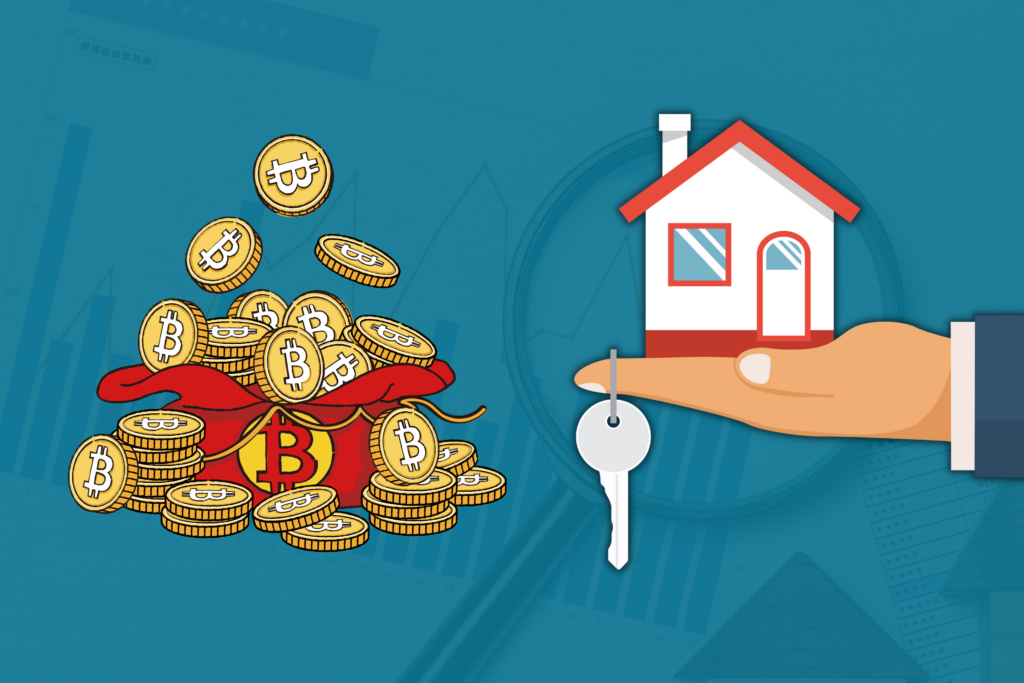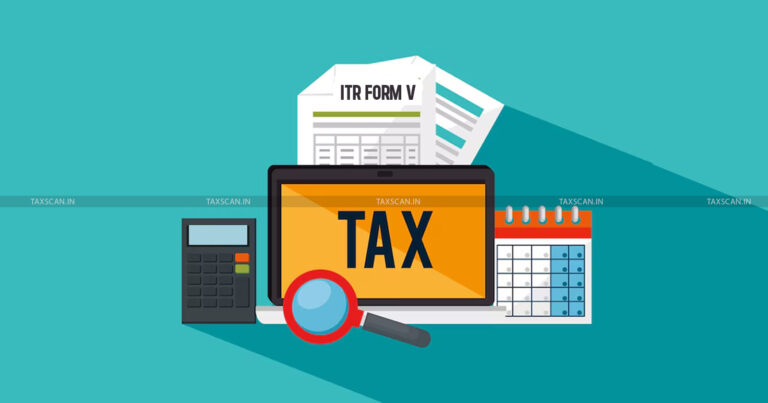Should You Use Crypto To Purchase a Home? 4 Methods and Their Risks.

Keywords: Buy home with crypto, real estate with cryptocurrency, crypto property purchase India USA 2025, risks of buying property with Bitcoin, real estate tokenization, Web3 real estate, stablecoin home buying
🏠 Introduction: A New Age of Real Estate?
The idea of buying a home with cryptocurrency might have sounded futuristic just a few years ago — but in 2025, it’s increasingly becoming a reality. From Bitcoin-funded mansions in Miami to real estate tokenization platforms in India, crypto has begun disrupting one of the oldest and most traditional industries: real estate.
But should you really use crypto to buy a house? While it’s possible, it comes with risks, complexity, and a need for clear financial strategy. This article explores 4 ways to purchase a home using cryptocurrency, the pros and cons of each, and key risks to watch out for — especially in India, the US, and the UAE.
🔄 1. Direct Crypto Payments to Seller
🛠 How It Works:
In this method, you pay the seller directly using a cryptocurrency like Bitcoin (BTC), Ethereum (ETH), or a stablecoin like USDT/USDC. Both parties must agree to the crypto transfer, and the transaction is typically conducted via a smart contract or wallet-to-wallet exchange.
✅ Pros:
- No currency conversion or bank delays
- Can be completed globally and instantly
- Privacy and security via blockchain
❌ Risks:
- Volatility: Crypto value can fluctuate between offer and closing.
- Legal recognition: In India and some other countries, such payments are not considered “legal tender.”
- Lack of regulation: Disputes can be harder to resolve.
- Limited acceptance: Very few sellers or developers accept crypto directly.
🔒 Legal Status in India:
Crypto payments are not illegal, but the Indian government does not recognize crypto as currency. That means you may need to convert to INR before registration, which can trigger capital gains tax.
💳 2. Convert Crypto to Fiat via Exchange (Off-Ramp)
🛠 How It Works:
Instead of paying in crypto, you sell your digital assets via a crypto exchange (like Coinbase, Binance, or WazirX), convert it into INR or USD, and then use that fiat money to buy the property.
✅ Pros:
- Complies with local currency laws
- Simpler to document for tax and registration
- Easier for banks and property sellers to accept
❌ Risks:
- Capital gains tax on crypto sale (30% flat in India)
- Bank scrutiny for large deposits
- Exchange rate fees and slippage
📝 Tip:
Always use KYC-compliant exchanges, and keep documentation of the crypto-to-fiat conversion. It’ll help during income tax assessment or real estate registration.
🪙 3. Stablecoin Transactions
🛠 How It Works:
Instead of volatile tokens like BTC or ETH, use stablecoins like USDC, USDT, or DAI, which are pegged to the US dollar. Some property developers in Dubai and Miami now accept stablecoins directly, often via platforms like BitPay or USDC-based escrow.
✅ Pros:
- Price stability compared to Bitcoin or Ethereum
- Faster transaction finality than wire transfers
- Trusted by institutional investors
❌ Risks:
- Still not legal tender in many countries
- Requires crypto-savvy sellers or platforms
- Regulatory risk if stablecoins get banned or depegged
🔎 India Perspective:
Though stablecoins reduce volatility, RBI and SEBI have not approved them for settlement. You’ll likely need to convert to INR for official registration, but they may still be useful for international property deals.
🧱 4. Real Estate Tokenization Platforms
🛠 How It Works:
In this method, property ownership is fractionalized into digital tokens (NFTs or security tokens). You can buy these tokens — representing a share in a property — via Web3 real estate platforms. Think of it as buying a piece of property the way you buy shares in a mutual fund.
Examples:
- RealT (USA)
- PropertyShare (India)
- SolidBlock (global)
- Lofty AI (tokenized real estate)
✅ Pros:
- Lower capital required — buy with as little as ₹1,000 or $50
- Earn rental income through smart contracts
- Global property investment made easy
❌ Risks:
- Illiquidity of tokens — resale can be tough
- Lack of clear regulation in India
- No ownership of land/title deeds
- Possible scams or rug pulls in unregulated Web3 platforms
⚠️ Key Risks to Know Before Using Crypto in Real Estate
| Risk | Why It Matters |
|---|---|
| Price Volatility | Crypto may lose 10–20% in hours, affecting deal value |
| Tax Liability | Selling crypto can trigger 30% tax in India |
| Lack of Legal Framework | Unclear property transfer laws for crypto in most countries |
| Title Disputes | Buying with crypto doesn’t override legal title process |
| Fraud & Scams | Many fake Web3 real estate projects exist |
| Bank Rejection | Banks may flag crypto-linked deposits or loans |
🏛 What Government Bodies Say (India & Globally)
- India (CBDT/RBI): Crypto not banned, but not recognized as currency. Capital gains tax applies. Real estate must be registered in INR.
- USA (IRS): Treats crypto as property; tax applies on crypto-to-fiat conversion.
- UAE/Dubai: Crypto-friendly zones allow direct crypto property purchases in limited projects.
👩⚖️ Should You Buy Property With Crypto in 2025?
👉 YES, if:
- You are buying from an international seller/developer accepting crypto
- You are using profits from long-term crypto holdings
- You understand tax laws, have legal support, and document everything
👉 NO, if:
- You are new to crypto or real estate
- You’re using volatile coins without hedging risk
- Your jurisdiction prohibits or penalizes crypto-based asset transactions
💼 Expert Tips for Using Crypto to Buy Property
- Hire a crypto-literate legal advisor
- Use only trusted exchanges and escrow services
- Check capital gains implications
- Verify seller authenticity — especially on Web3 platforms
- Avoid peer-to-peer deals without third-party oversight
- Keep complete documentation for taxation and audit trail
📊 Real-Life Example (India & USA)
- India 2024: A Pune-based investor sold Bitcoin on CoinDCX, converted to INR, and bought a ₹1.5 crore flat. Taxed 30% on BTC gains, used the rest for down payment.
- USA 2025: In Miami, a $2 million mansion was bought using USDC via a crypto escrow service. Transaction completed in under 24 hours — faster than bank wires.
🧠 Conclusion: Crypto + Real Estate = The Future?
Buying property with crypto isn’t just a trend — it’s becoming part of a larger Web3-based financial future. But as of 2025, the regulatory clarity, taxation, and legal frameworks still lag behind.
So while using crypto to buy a home is technically possible and legally feasible in many countries, it’s not without risk.
Until laws become clearer in India and globally, consider hybrid approaches like converting crypto to fiat before buying or exploring tokenized real estate for investment.

